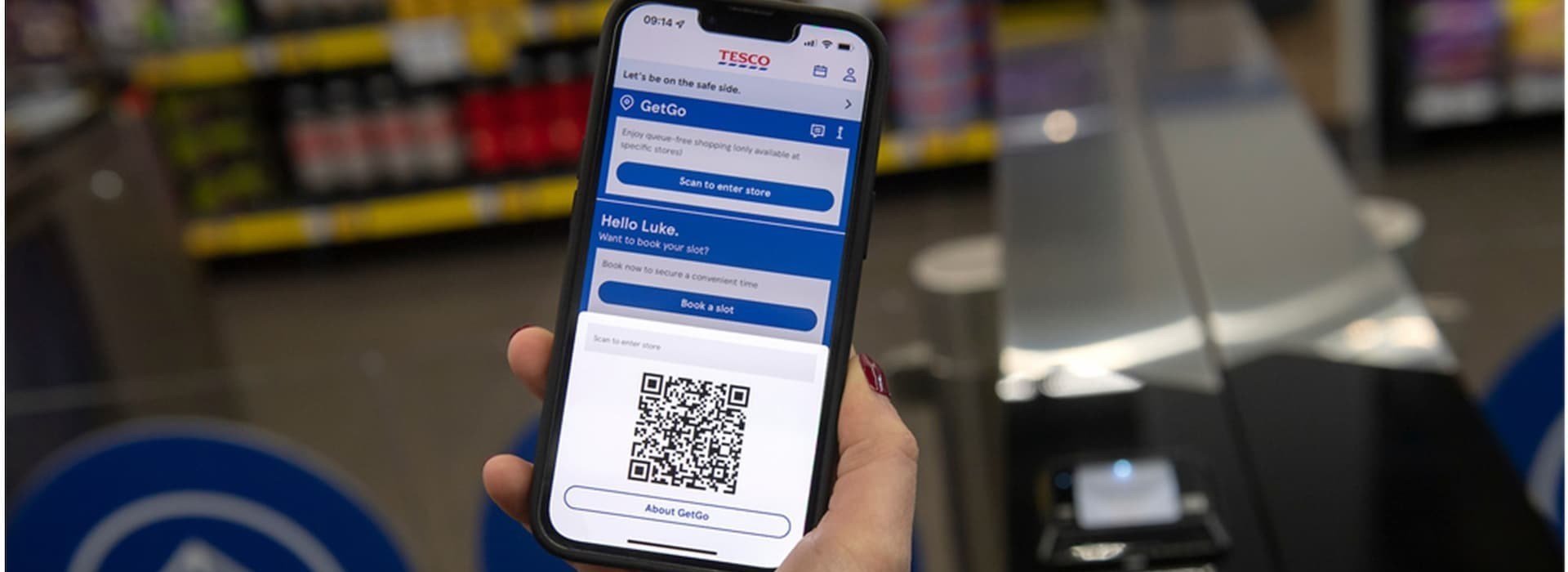EXCLUSIVE: Why retailers are offering consumers emotional healing
With the retail sector being transformed by AI, understanding what influences consumer behaviour is critical for business success. The enormous amount of data generated, such as trend forecasting, spend and innovation, helps companies boost customer satisfaction, maximise marketing spend and improve their overall efficiency.
Mario Coletti, Managing Director at NextAtlas, predicts that health and wellbeing, transparency, minimalism and convenience will all play a major role in the decision making process for consumers. Here he provides the top four AI trends that are setting the tone this year.
Emotional healing - retreats for customers
The stress of modern life has taken its toll and businesses are starting to develop products and facilities to address their customers’ anxieties. Self-tracking devices and tech tools of all kinds have invaded our lives offering granular breakdown of consumers’ lifestyles. Due to the ‘always on’ way of life, the need for solutions on-the-go is growing. Rest and recharging is key, so it’s very likely that taking a nap will be part of your everyday routine.
For example, private spaces exclusively for napping, like Pop & Rest, will become the norm. Offices and co-sharing spaces have started to build power and rest chambers as part of their daily offering, while other brands such as Barebells are looking to enhance human performance as well as improve nutrition. Such supplements are set to be included in our diet as a day or evening routine, and offering ways for customers to nap and boost their wellbeing will be a key offering this year.
Mainstream luxury - quality over branding
What if premium products were available at low costs? The younger gens don’t necessarily look up to brand names. In the last year many global brands, including Celine and Dior Homme, have undergone a restyling of their logos by removing their typographic distinction. This direction involves both a mainstream fascination for minimalistic designs and possibly a reaction to consumers’ mistrust of established brands and their aura.
Quality does not come from the label itself, love for custom made and niche products is now paradoxically mainstream. This year, we will see retailers adopting this further by releasing new minimalistic labels under their umbrellas and overhauling designs of existing and established brands. A great example of this is Estee Lauder, which acquired Le Labo - beautifully earthy and minimalistic perfumery. This year more beauty brands, such as The Ordinary by DECIEM, will be developing products without a hefty price tag, making quality skincare accessible to all.
Customer shared trade secrets
Consumers are hungry for deep, structured information - straight talk is no longer enough. A study released by Label Insight shown that 73% of consumers would be willing to pay more for a product that offers complete transparency in all attributes.
Soon we will see more and more brands letting consumers in on the ‘trade secrets’. There is no better way of enjoying a product than knowing why it does so well what it does and why. Otland Denim - sustainable denim brand, is at the forefront; the brand strategy is to communicate every step of the way about how their product is made, what the factories look like, how the cotton crops are grown and what is the impact on the planet. On another hand, Elvis and Kresee, leather goods brand, demonstrates the full process of creating their products on their site, giving the customer the opportunity to be part of the brand journey.
‘Right here, right now’ e-commerce
Subscription services are no longer a novelty. In saying this, subscription-based businesses are not showing any signs of slowing down any time soon. The convenience economy, particularly in the retail space, will see a surge of new unique and quirky businesses targeting the ‘right here, right now’ consumer. Brands such as Hotels Tonight, Amazon Prime, and FlowerBx will witness more new players entering the market with the aim to answer consumer demands that want to get their hands on things instantly.
Those retailers that are equipped with the right technology, knowledge, and tools will have the best chance at succeeding in serving customers in the future - with NextAtlas, brand ecosystems can directly source intelligence from a large base of the world’s most influential creative insiders allowing businesses to stay relevant and remain ahead of their competitors.










